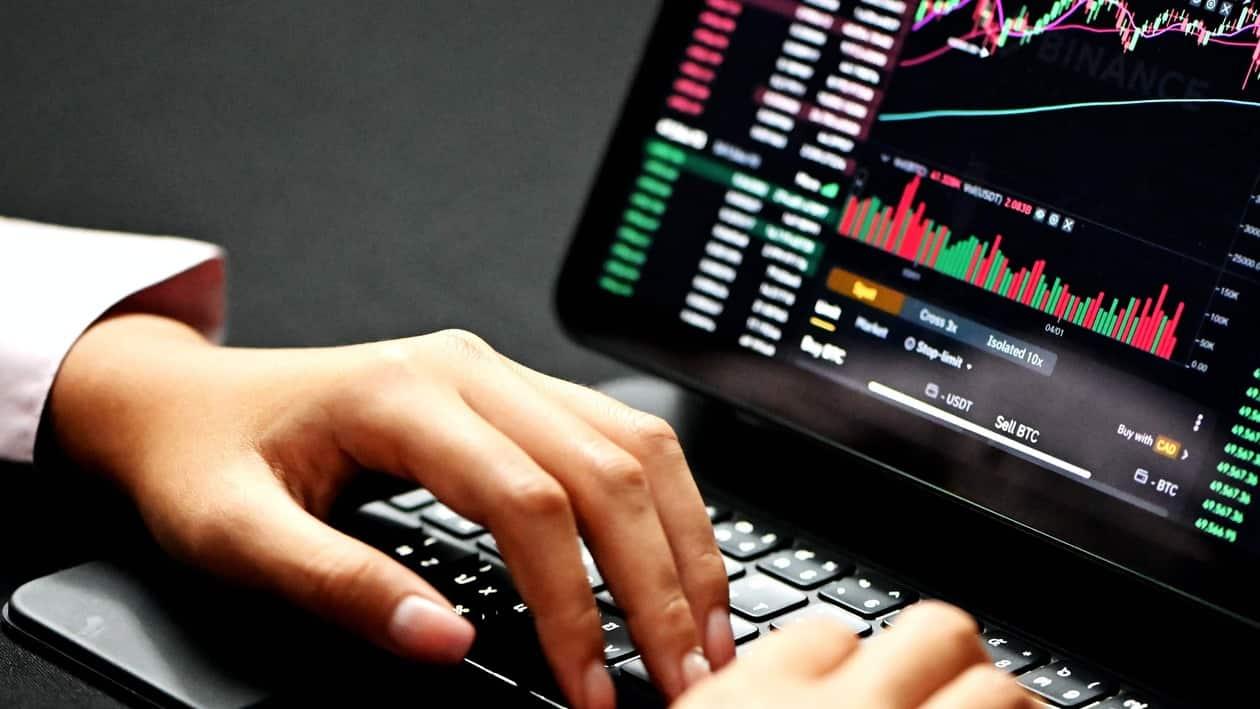Has it ever happened to you that you tried to send a mail to your client in hurry and made few blunder worthy typos?
This may happen to most of us.
Sometimes errors are minor and may be overlooked. However, some mistakes may frequently lose you a contract and result in significant losses.
Likewise, when we talk about the stock market, we frequently run into similar circumstances there as well and is known as fat finger trade.
What is a fat finger trade?
A fat-finger trade, also known as a freak trade, occurs when someone types an order incorrectly. This might involve choosing the incorrect execution action, such as buy or sell, or inputting the incorrect price or quantity. Immediately after the freak transaction is performed, the price briefly moves to an odd level before returning to its correct level.
Every documented incidence of a fat finger transaction has resulted in a record intraday swing in the impacted index, triggering swings in investor wealth to the tune of billions of dollars.
Now that we understand what a fat finger trade is, it is important to know how does it impact the market.
How does it affect the market?
The repercussions of a fat finger error can be disastrous if committed by a person in a large brokerage firm, although the errors made by a retail investor may have little or limited impact. It is referred to as "fat finger" since the trader or broking house personnel made a mistaken buy or transaction simply because the finger clicked many buttons.
In the securities market, supply and demand often determine a security's price. When this inaccuracy occurs, it has an impact on how the markets and normal price discovery process evaluate the price-quality of securities.
In the past, when each share transaction took hours or even a day to complete, erroneous trades may not have created much harm. However, on today's computerized exchanges, a mistaken order can quickly snowball, enlisting thousands of investors as counter-parties and compelling them to purchase or sell stocks at erroneous prices.
India’s biggest fat finger incident
India's most well-known "fat finger" event happened in October 2012 when a trader at Emkay Global Services (a stock brokerage business) entered an incorrect sell order for Nifty stocks worth 650 crore after the volume and price columns were mixed up on a deal.
The order immediately caused the Nifty to fall by 15%, tripping the circuit breaker and momentarily shutting down the market. But not before hundreds of other investors made merry by snatching up Nifty equities at bargain rates, while Emkay lost more than 50 crore on the transaction.
Emkay fought tooth and nail for the deals to be cancelled, but the NSE refused.
If you're a regular investor, you can find yourself on the wrong side of one due to the fact that fat finger trades typically have an effect on the entire market. However, in spite of the havoc that these fat finger errors will bring about in the market in a matter of seconds, the market and its participants remain resilient over the long term. Therefore, the effect of traders with fat fingers on investors is limited.
